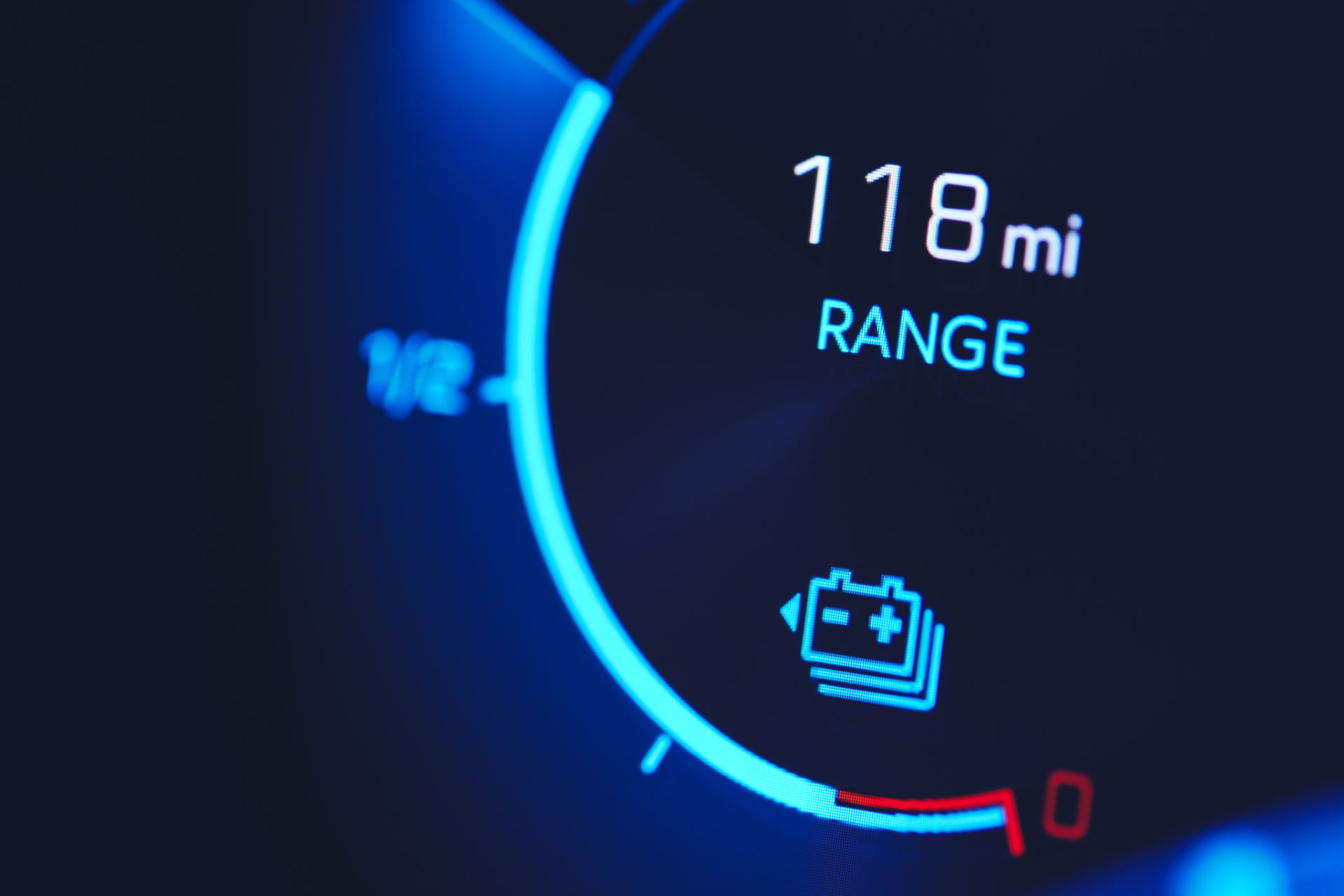
EV Battery Life; Everything You Need to Know
While it is obvious that an electric vehicle runs on battery not gas, the actually ins and outs of those batteries still remain a mystery to many consumers. In this article we will help educate you on everything you need to know about the batteries inside of your electric vehicle.
The Basics
Almost all electric vehicles will use a lithium-ion battery pack. While this may not be the only type of battery used in the future, it is widely accepted as the best and mostly commonly for modern production of EVs. Here are the top benefits of the lithium-ion battery:
- Lithium-ion batteries provide an extremely consistent voltage of power as the charge decreases.
- Lithium-ion batteries do not require a complete use or total discharge before charing again.
- Lithium-ion batteries have a higher energy density that other batteries, such as nickel-metal hydrate batteries. This allows them to store more energy or charge than its competitions.
Battery Life Expectancy
It is impossible to know exactly how long a battery will last, unfortunately. But you can purchase an EV with peace of mind knowing that all EV’s sold today in the US are required to carry a battery warranty of at least 8 years or 100,000 miles. Some manufactures, such as Tesla, carry a warranty of up to 150,000 miles.
It is important to note that these warranties to not always cover every type of battery malfunction and you should verify that details before making a purchase of your next EV.
Replacing a Battery
Current estimates give most EV batteries somewhere between 10 and 20 years of usage before they will need to be replaced completely. While the savings you keep over the lifespan of 20 years of using an EV, the cost to replace a battery in your can can be steep.
The battery pack can be one of if not the most expensive parts to replace inside of your electric vehicle. Costs can range anywhere from $4,000 up to $15,000 per battery in some extreme cases. It is important to know that over the last decade, battery prices dropped dramatically, and we could continue to see this drop in the years to come.
Charging
There are different options for charing your EV no matter where you may be in the world. Typically, these can be broken down into two categories. At home charging and public charging.
At Home
At home charging us what is most commonly used. It gives you the convince of simply plugging in when you are home for the night and allow the battery to recharge while you sleep. It is important to note the different charging speed options that are available to you. A standard home outlet will charge at a slower rate of 3-4 miles to hour of charge. This is great for those who do not drive long distances each day. You may opt to install a special 240-volt charging station in your home which will allow your vehicle to add up to 40 miles per hour of charge.
Public
Public charging stations are quickly growing in numbers but it is important to note that like at home chargers, each charging station in not the same as the next. There are free, slow charging stations that will take a complete night to charge fully. You will also find special fast charging stations that can recharge your vehicle up to 80% in under 30 minutes but will cost up roughly $0.29 per minute of charge.
To locate the different charging stations near you, we suggest using plugshare.
Maintenance
One of the major benefits of owning an electric vehicle is the decrease maintenance that it will require on the owner versus its gasoline counterparts. One simple reason why this is true is because there are much fewer moving parts inside of an electric vehicle, over two dozen on average.
Fewer fluids are required for an electric engine compared to its gasoline predecessor that requires engine oil to be continually replaced. and replenished. The break wear is dramatically decreased due to the benefits of regenerative braking used in electric vehicles. The battery and motor similarly require little to no maintenance on a regular basis. All this to say, if you don’t enjoy working on your car or time in the shop, an EV might be the best choice for you.
To learn more about the amazing benefits of electric vehicles, visit out blog to find other informative articles revolved around everything EV!